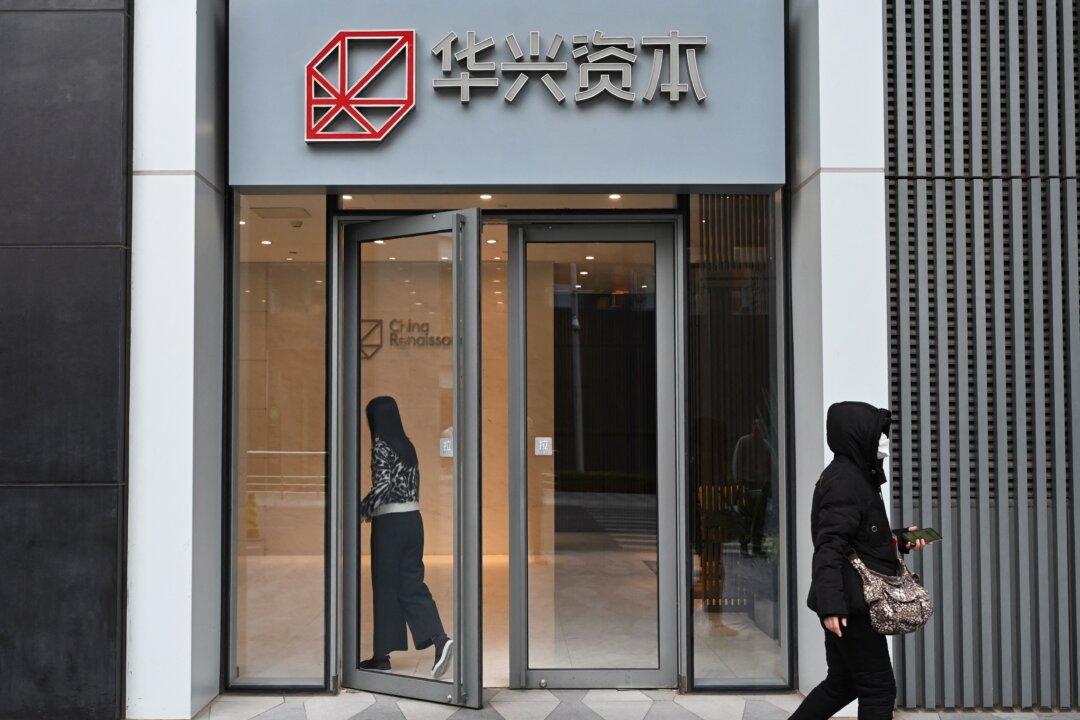China’s “M&A King” Bao Fan has been missing for over 50 days, sending shockwaves throughout the country’s financial and political circles.
On April 3, China Renaissance Group, the company Bao founded, announced a trading halt, suspending trading from 9:00 am that day. The release of its annual performance report for 2022 has also been deferred as the auditors cannot issue an audit report in Bao’s absence.






